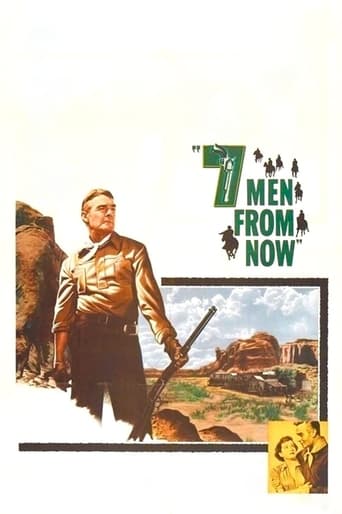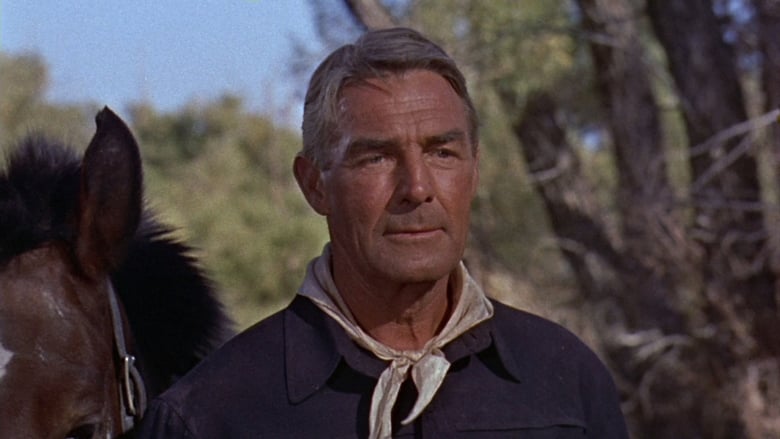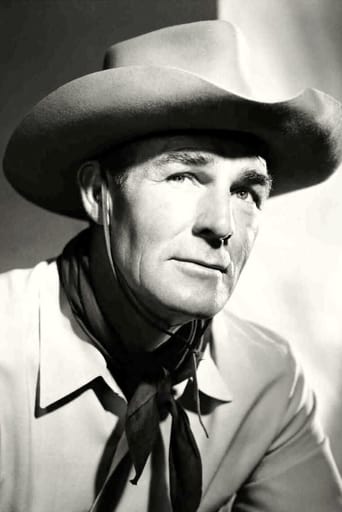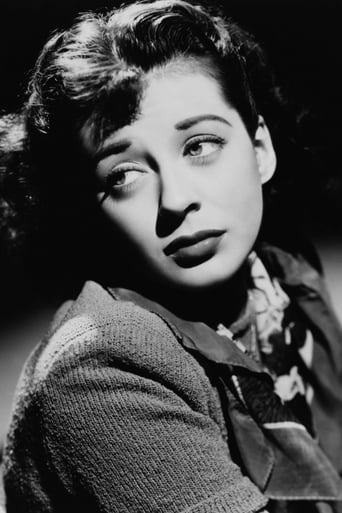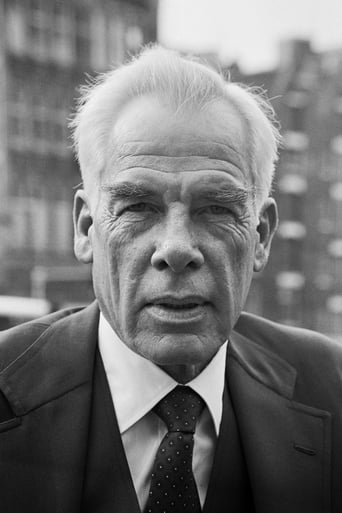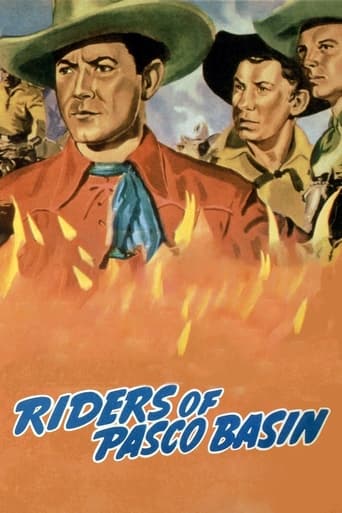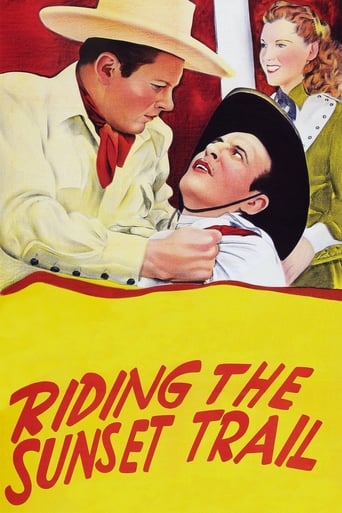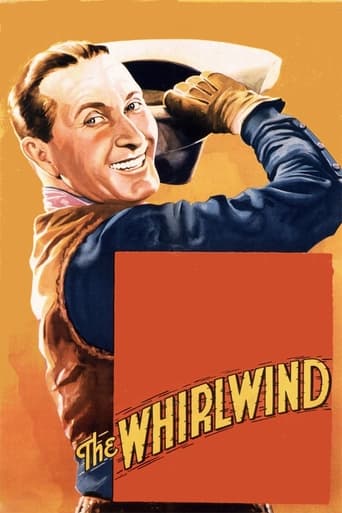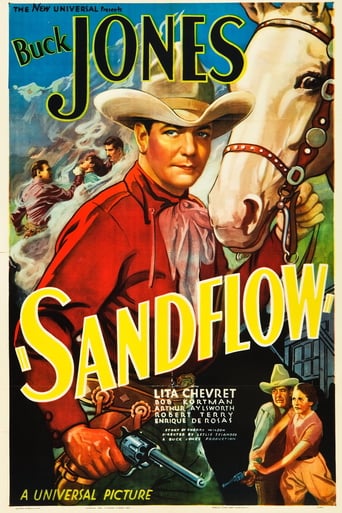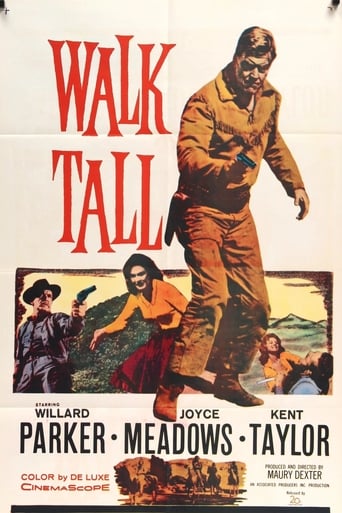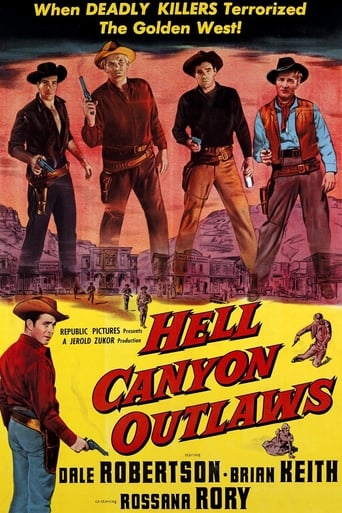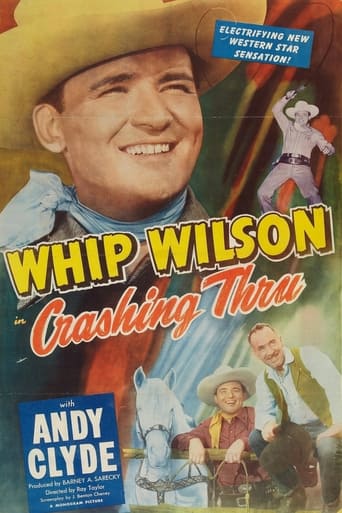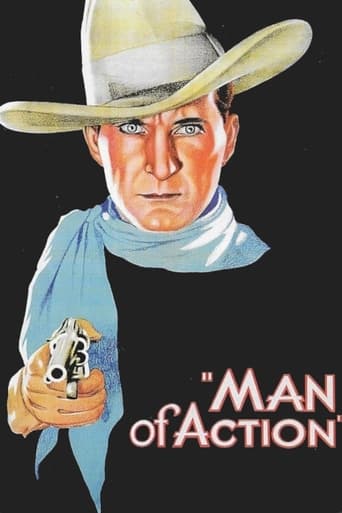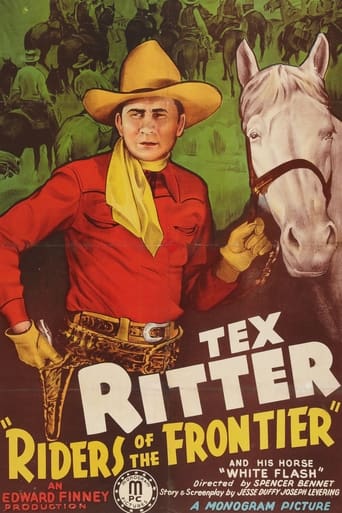7 Men from Now (1956)
A former sheriff relentlessly pursuing the 7 men who murdered his wife in Arizona crosses paths with a couple heading to California.
Watch Trailer
Cast


Similar titles
Reviews
This is a coming of age storyline that you've seen in one form or another for decades. It takes a truly unique voice to make yet another one worth watching.
what a terribly boring film. I'm sorry but this is absolutely not deserving of best picture and will be forgotten quickly. Entertaining and engaging cinema? No. Nothing performances with flat faces and mistaking silence for subtlety.
By the time the dramatic fireworks start popping off, each one feels earned.
All of these films share one commonality, that being a kind of emotional center that humanizes a cast of monsters.
Married couple from the east, traveling to California by horse-drawn wagon, seeks help from a mysterious man riding through Arizona with an agenda: he's a former-sheriff after the men who killed his wife. Western saga, with beautiful location shooting in Lone Pine, CA, was produced by John Wayne's company, Batjac, but seems a highly inappropriate vehicle for the Duke (one can't sense him displaying second-hand guilt over being unemployed which caused his working spouse to be killed on the job). Screenwriter Burt Kennedy brings in two sidewinders (Don Barry and a frothing-at-the-mouth Lee Marvin) to create tension between the couple and with Randolph Scott, but also throws in Apaches, bank robbers, as well as flirtations between the Mrs. (who has a 'soft' husband) and the ex-lawman. The constant clichés in Kennedy's writing--although probably a lot less stale in 1956 than today--are disheartening. Gail Russell is a lovely presence, but is given nothing to do beyond hanging laundry and offering everyone coffee; Scott is supposed to have feelings for her, but seems surprised every time she calls his name. Director Budd Boetticher has a good eye for composing action scenes, and he obviously enjoys setting up conflict between his characters (most preferably in tight quarters, to make the audience squirm), but he isn't very talented with actors. The picture revived Scott's career, but his handsomely-pained expression has no variance, and his Ben Stride is a dullard anyway. ** from ****
Seven men rob Wells Fargo, steal a lot of gold, and kill Ben Stride's wife in the process. He sets out to avenge her death, and while he is at it, he retrieves the gold as well. Justice is served. But there is another injustice that has to be addressed in this movie.When Stride first happens across John Greer and his wife Annie, we can see right off that this guy is a wimp, and we wonder how he ever got himself a wife like Annie. Even when she falls in the mud, she oozes sex appeal. Later, when they are joined by Bill Masters and his partner Clete, Masters poses the question to Clete as to why a full woman like Annie would settle for half a man. He is right. Greer just does not deserve Annie.A man like Masters is the sort who cannot help stepping on something little, so one night while Stride, Greer, Annie, and Masters are inside the covered wagon, Masters starts talking about how deliciously desirable Annie is, practically ravishing her with his words, while her husband, who is being verbally cuckolded, just sits there and takes it. Masters also talks about how he once knew another woman like Annie, who eventually ran off with a real man, suggesting that she has a thing for Stride. And apparently she does, because later when Stride says goodbye to her, she moves in to be kissed, although Stride does not avail himself of the opportunity. For one thing, he is a recent widower, and for another, he is too upright to take another man's wife.We know that Stride will eventually kill all the men who stole the gold and caused his wife's death, because that is routine for a Western. It is the injustice of Greer's being married to Annie that worries us, for there is no standard convention for handling that situation. When Stride discovers that Greer had been hired by the robbers to transport the gold, he takes the box of gold away from Greer and tells him and Annie to go west. We get a sinking feeling. The wrong will never be righted. Fortunately, Greer decides to go south to inform the sheriff of Stride's situation.Before Greer can get to the sheriff's office, the leader of the men who hired him to transport the gold shoots him down in the street. Because Greer knowingly risked his life and lost it trying to help Stride, Masters says he was wrong, that Greer was a man after all. Well, it is nice of Masters to say that, being generous about the man now that he is dead, but we know better. After all, Greer was not wearing a gun, and in a Western, that is always the mark of a weakling. And thus it is that when Greer is shot in the back unarmed as he walks to the sheriff's office, we breathe a sigh of relief. Though Annie says she loves her husband, yet we know that this is for the best.Later, after Stride has returned the gold, he tells Annie where he will be working as a deputy and indicates that he would be glad to see her, if ever she should be passing by that way. She quickly decides that after a decent interval (both have recently murdered spouses), she will take him up on that offer. This makes us feel good, because Stride is the real man she has needed all along. When they finally get married and he gives it to her the way her first husband never could, justice will finally be restored.
A bad, low budget B western by routine director Budd Boetticher sees a far too old Randolph Scott at his most wooden. Typically cast as a sheriff hunting a group of outlaws, at nearly 60 Scott was simply too old and laid back to be believable. It doesn't help that Gail Russell (who?) looks about twenty years older than her guessed at age of 25 or 26. About the only thing that saves this potboiler from being a complete loss is a young Lee Marvin's charismatic performance as the villain. Marvin pretty much acts everybody off the screen, particularly Scott. If only this film had starred John Wayne in Scott's role then the film might have worked. As it is it was too miscast and boring. Robert Mitchum was interested in starring in this film, he would have been the right age and much better than Scott.
This first teaming of Scott & Boetticher also finds them working from a script by Burt Kennedy - his very first screenplay, and impressive enough that he worked with this team three more times, eventually moving on to a prolific if not exciting directorial career himself.All the elements are in place: the lone, upright and indomitable man, with the tragic past and a taste for vengeance that keeps him going against all odds...a woman, no freer than he but just as determined, in her own way....her weak husband, prey to the villains that made off with the gold....a charismatic nemesis who may or may not be one of the killers that the hero has vowed vengeance on....seven bad men who must be brought to justice - his kind of justice.OK that makes it sound hokey, but lets face it an awful lot of westerns sound that way if you reduce them to basics. What makes this one stand out? The terrific widescreen color photography (by William Clothier) and Boetticher's exquisite framing and graceful camera movements -- little rapid cutting here, no scenes that don't play out as long as they need to, and yet the whole comes in at a perfect 78 minutes. The subtle sexual nuances between ex-sheriff Ben Stride (Scott) and strong-willed Annie Greer (Gail Russell) who Stride has joined with and is helping out - despite the presence of her weak husband John (Walter Reed)...the fabulous performance of Lee Marvin as Bill Masters, a likable rogue who may or may not be involved in the crime that took Stride's wife, the participants in which he will hunt down unto death.Boetticher does a lot with a smallish budget and the 50s standards of what you could show; his first action sequence is a tense little moment under a rock with Stride coming upon two men in the rain and stopping for coffee with them, until he finds out....and then we cut away as the shots ring out. The tension is built and released, and we really don't need to see the same standard gun play in every scene - so he doesn't give it to us. We have off-screen shots, quick cutaways between shooters, a reaction shot or two of victims without seeing the shots fired, a dynamic use of space in the many canyon sequences leads to odd angles and unpredictable shots -- really he does more with the few gunfights in this film than many directors did in whole careers.The characters, too, are beautifully developed from small nuances. Scott, typically, is the strong and stoic type, but the sexual tension expressed in all the early scenes between him and Russell is extraordinarily powerful with just an eyebrow, a smile communicating all we need. Marvin, too, is attracted to the sole female in this male world (apart from a very brief bar scene) but his is a predatory view, albeit couched in a touch of civility. His flamboyant dress, flip attitude, and egotism pretty much steal the show and make his final standoff with our hero all the more memorable, because we actually care at least a little about him.In the end, the hero must go it alone, and whether he prevails or not, and whether the woman he has come to love will be free - and willing - to meet him if he does survive the last showdown -- all that I will not reveal. See it for yourself, it's easily one of the best westerns of the 50s and a great start to a series of films that continued on a remarkably high level.

